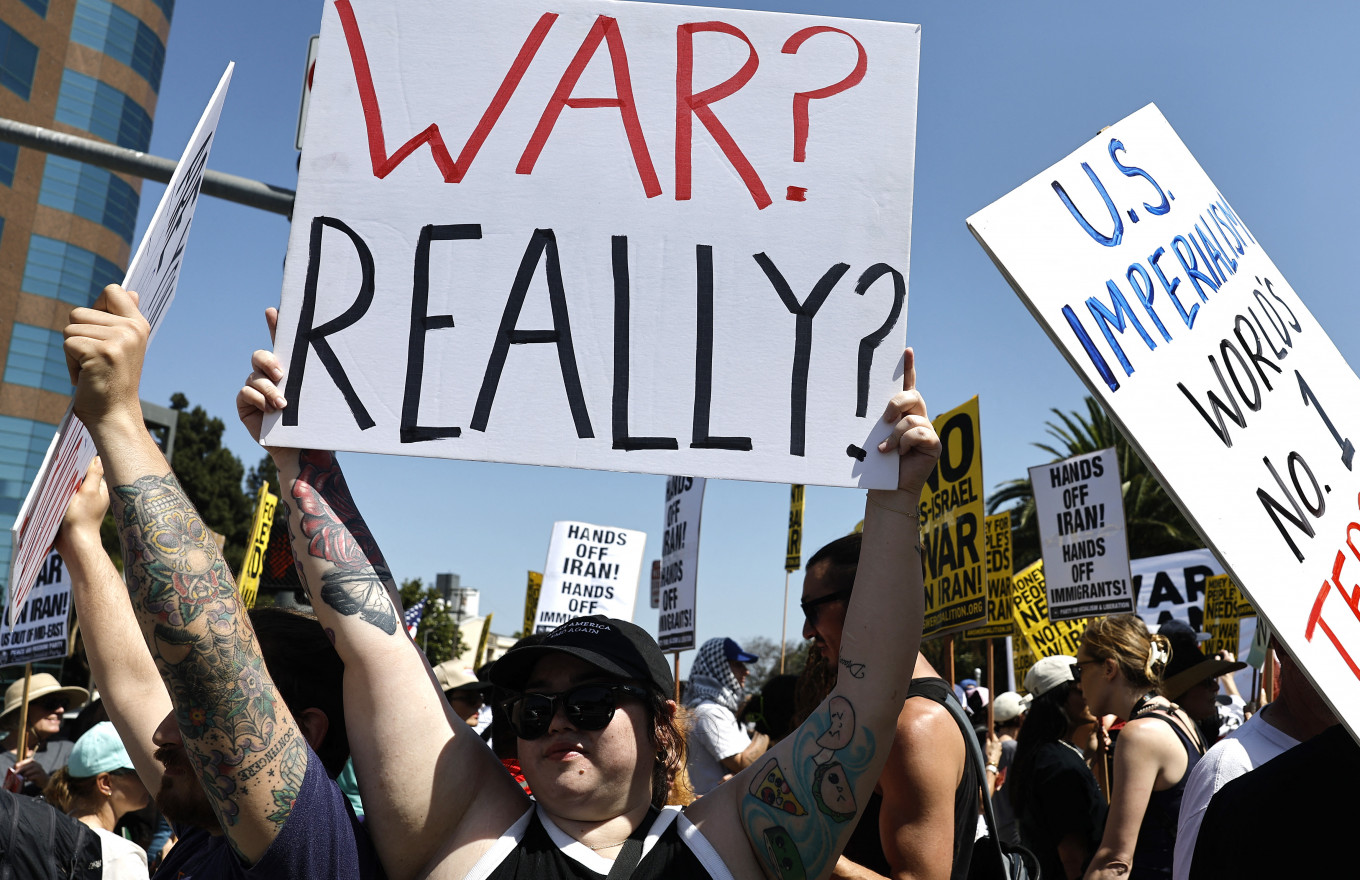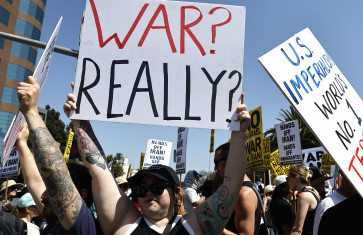Popular Reads
Top Results
Can't find what you're looking for?
View all search resultsPopular Reads
Top Results
Can't find what you're looking for?
View all search resultsIran and the end of the old multilateralism
Existing institutions, especially those built on the idea of “the West”, no longer matter.
Change text size
Gift Premium Articles
to Anyone
June 2025 will be remembered as a watershed, marking the death of the old multilateral approach to global governance.
Existing institutions, especially those built on the idea of “the West” (such as NATO and the G7), no longer matter. While the United States signaled that it might strike Iranian nuclear facilities, it did not bother consulting other NATO members before doing so. On the contrary, President Donald Trump left the G7 meeting in Kananaskis, Canada, early to launch the mission.
The G7’s irrelevance attests to the current state of international relations. Interestingly, the group’s first summit, a half-century ago, was convened to deal with an unstable Middle East, in the aftermath of a conflagration (the 1973 Yom Kippur War) that endangered the “West’s” economic and political stability. Summiteers met in Rambouillet, just outside of Paris, in November 1975 to devise an alternative to direct military intervention.
Those in attendance were desperate to combat the sense of economic and political fragility that was jeopardizing democracy at home. While the summit’s theme had emerged from regular meetings between American, British, French, German and Japanese finance ministers, it also included Italy, not because the country offered useful resources, but because it was in the deepest malaise, and its democracy was the most imperiled.
It was Henry Kissinger who in 1974 had offered the alternative to military action: Regional powers, notably Saudi Arabia and Iran, were to be brought into the fold by encouraging them to hold their high earnings from oil exports in Western banks. These petrodollars would then be lent to the big emerging markets of the time, particularly countries in South America but also in Soviet-dominated Central Europe, so that everyone would be linked together by money. Thus, finance would ensure that everyone avoided costly, violent confrontations in the future.
That sort of thinking would later be rejected as a form of runaway neoliberalism, with political leaders from Joe Biden and Vladimir Putin to European Commission President Ursula von der Leyen distancing themselves from it. But as everyone pilloried neoliberalism and the associated belief that commerce can bring peace, few offered any coherent alternative.
The skeptics would have done well to consult ancient mythology, which presented the god of commerce, Mercury, as a rival to the god of war, Mars. Only Putin had the intellectual consistency to see that Mars was the outcome of rejecting Mercury. He wagered that the god of war could make a new Russia.


















